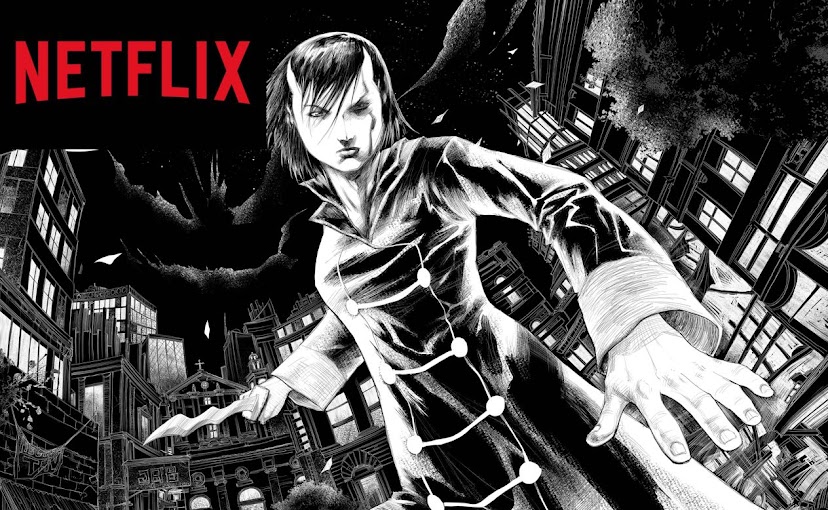NBC recently announced their new TV series called 17TH PRECINCT and it’s been dubbed as a “magic procedural” show.
Here’s the premise as reported by io9:
17th Precinct takes place in the city of Excelsior, which is basically San Francisco with a few noticeable differences. Like Alcatraz doesn't have an old prison on it, and the Golden Gate Bridge doesn't have cables on it. Cars drive themselves. Instead of Christmas, you celebrate the Equinox. (And yes, there are "gods" instead of "God.") Houses have "power plants" — which are actual plants that supply the energy for devices inside the house. Moore has always been a master of world-building, and this show is no exception. It's a really richly described setting, with lots of odd little details.
And the show takes a lot of pleasure in delving into the ways that the existence of magic changes police work. Instead of a forensics team, you call in the necromancer when you have a dead body. Instead of an autopsy, you do a necropsy. The police station's resident necromancer, Morgana, can summon the spirit of a recently deceased person and ask him/her questions. Instead of photographing the crime scene, the cops create magical "etchings" that show them every angle.
This reminded of the other movies that involved a “wizard detective”, which later served as inspiration for the cases and mysteries that Trese had to solve.
I think one of the first times I ever encountered the “wizard detective” was in the movie “Cast a Deadly Spell”
The movie starred Fred Ward as a private detective named Harry Philip Lovecraft. Set in the 1940s, where magic was used on an everyday basis. “…monsters and mythical beasts stalk the back alleys, zombies are used as cheap labor, and everyone — except Lovecraft — uses magic every day.”
The character of Lovecraft was seen again in the movie "Witch Hunt", where he was portrayed by Dennis Hopper.
Then there was the movie “Lord of Illusions” which starred Scott Bakula, as Harry D'Amour, a private investigator who specialized in occult cases. He wasn’t really a magician or wizard, but he did have tattoos that gave him protection from magic spells and curses.
Talking about “occult investigators”, we might as well toss in Karl Kolchak and Fox Mulder in that list of characters that inspired Trese.
One of the driving ideas behind Trese was trying to figure out the mystery behind urban legends and childhood ghost stories. It always nagged me how all the White Lady stories end with her disappearing. I wanted to know who was she, why does she hang out on Balete Drive, is a she a ghost, a diwata, or a CIA agent dressed up and designed to distract the public from more important issues (which was one of the theories about the White Lady).
Trese’s methods of detection were heavily influenced by my watching too many CSI shows. I thought that our local detectives would’ve have access to all those hi-tech CSI toys, so I thought Trese would be able to piece together clues by using magic spells to see the last thing that the victim saw and use her underworld contacts to track down the suspect.
I guess, Trese has always been a “magic procedural” type of serial, but I just never thought of coining that term.
So, if 17th Precinct becomes a hit, will “magic procedurals” become the next CSI and we’ll start seeing 17th Precinct: New York and 17th Precinct: Miami? Will we see more spellcasting detectives on TV soon?
And now that Constantine is back in the DC Universe, is it possible that the WB will have a Teen Constantine TV show in the works? Hopefully, they won’t do such a thing.



No comments:
Post a Comment